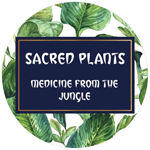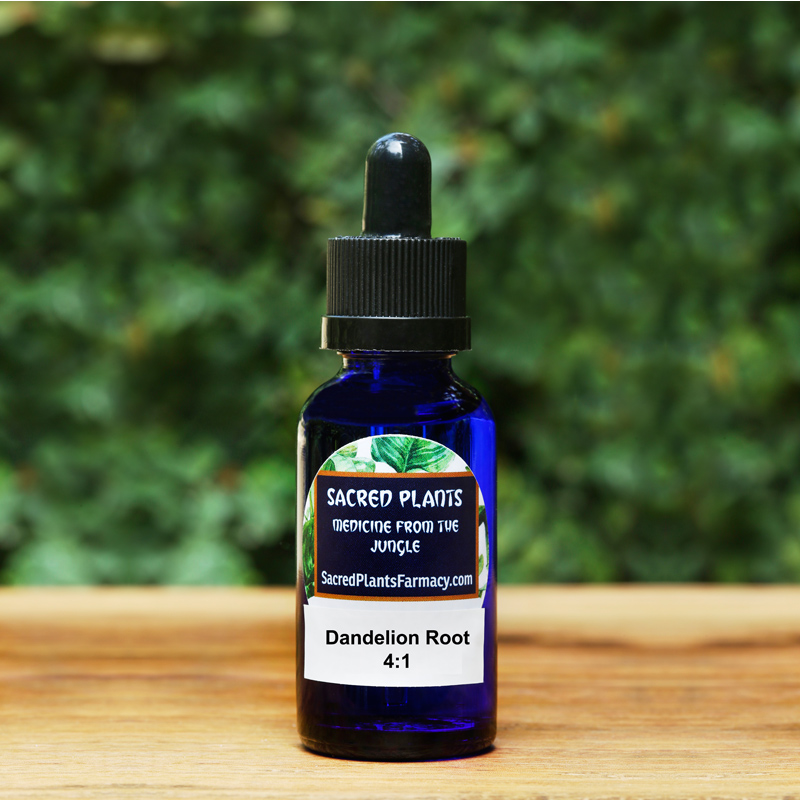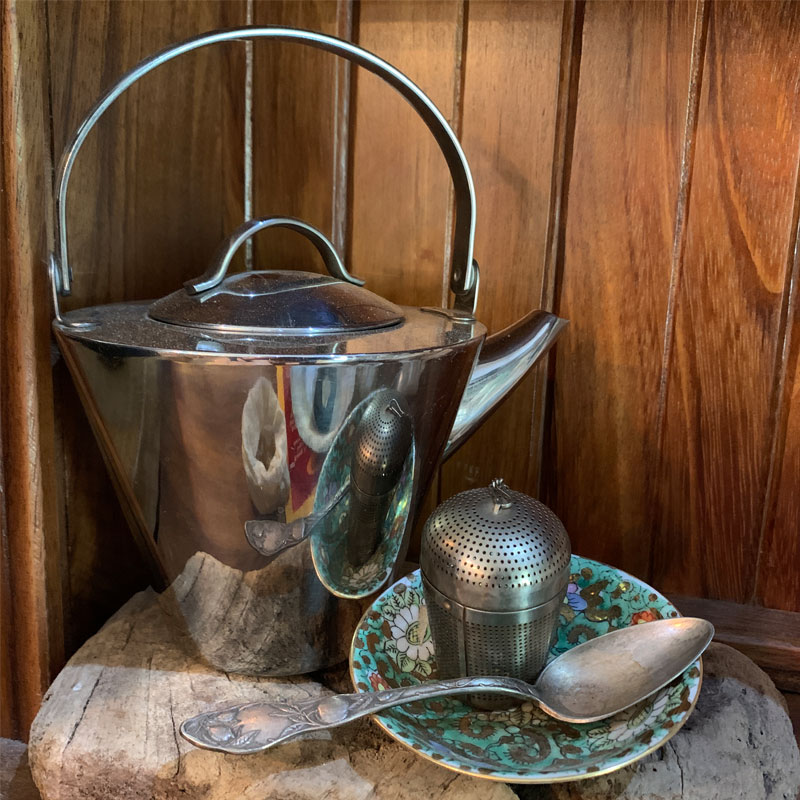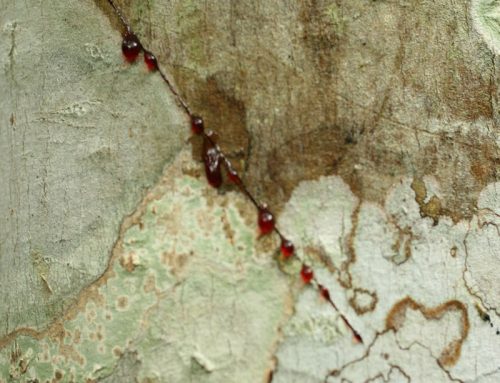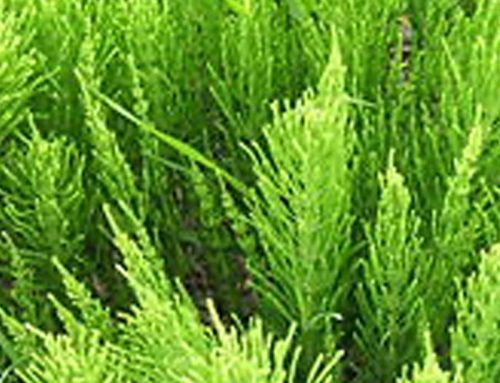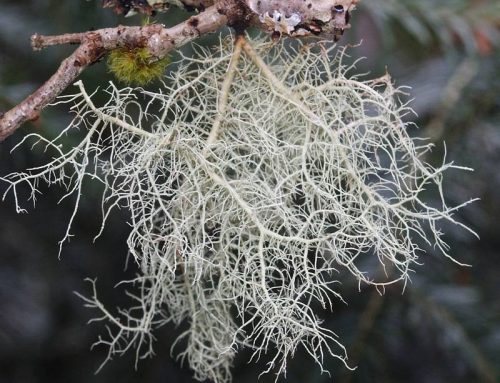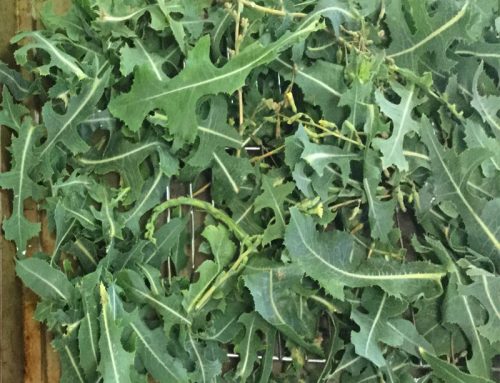- Digestive aid
- Kidneys detox
- Liver detox
- Rich in antioxidants
- Combats cancer
- Regulates blood sugar – diabetes
- Reduces high blood pressure
- Reduces cholesterol
- Helps gallbladder
- Reduces inflammation
- Boosts immune system
What’s better than a plant that gives wishes when you puff its fluff? A plant that provides health benefits! Dandelion is an excellent food and medicine!
Dandelion is most often thought of as a pesky weed that likes to take over our lawns and gardens. They overwhelm meadows, soccer fields, and are the bane of golf courses. They even pop up in cracked sidewalks and pavement. Dandelion is invasive and pervasive. Lucky for us, it’s also an excellent food and herbal medicine that anyone can find, grow, and put to use.
Dandelion is a very rich source of beta-carotene which we convert into vitamin A. This flowering plant is also rich in vitamin C, fiber, potassium, iron, calcium, magnesium, zinc, and phosphorus. It’s a good place to get B complex vitamins, trace minerals, organic sodium, and even some vitamin D too. Dandelion also contains protein, more than spinach. It has been eaten for thousands of years as a food and as a medicine to treat anemia, scurvy, skin problems, blood disorders, and depression.
If you collect them wild, try to choose ones you know have not been subjected to pesticides, fertilizers, and other chemicals. The ones in your lawn are not usually the best. Pick them instead from a mountain meadow or abandoned lot. Seeds can be bought or you can gather them from the familiar puff balls you see each summer. Seeds grow readily in your garden, planter boxes, or pots. Dandelion leaves can also be found fresh in some health food markets or as a freeze-dried herb. Dandelion tea, capsules, and tinctures are also available.
Digestive AidHelps gDandelion acts as a mild laxative that promotes digestion, stimulates appetite, and balances the natural and beneficial bacteria in the intestines. It can increase the release of stomach acid and bile to aid digestion, especially of fats.
Kidney
This weed-like superfood is a diuretic that helps the kidneys clear out waste, salt, and excess water by increasing urine production. In French it is called pissenlit, which translates roughly to wet the bed. This inhibits microbial growth in the urinary system too. Dandelion also replaces some of the potassium lost in the process.
Liver
Dandelion has been shown to improve liver function by removing toxins and reestablishing hydration and electrolyte balance. It also increases the release of bile.
Antioxidants
Every part of the dandelion plant is rich in antioxidants that prevent free-radical damage to cells and DNA, slowing down the aging process in our cells. It is rich in vitamin C and vitamin A as beta-carotene and increases the liver’s production of superoxide dismutase.
Cancer
The ability to combat cancer is not a claim made lightly, but dandelion seems to show promise in study after study after study. Dandelion may slow cancer’s growth and prevent it from spreading. The leaves are especially rich in the antioxidants and phytonutrients that combat cancer.
Diabetes
Recent animal studies show dandelion helps regulate blood sugar and insulin levels. Most of this is done through its ability to control lipid levels.
High Blood Pressure
As a diuretic, dandelion increases urination which then lowers blood pressure. The fiber and potassium in dandelion also help regulate blood pressure.
Cholesterol
Animal studies have shown how dandelion lowers and controls cholesterol levels while improving cholesterol ratios by raising HDL.
Gallbladder
Dandelion increases bile production and reduces inflammation to help with gallbladder problems and blockages.
Inflammation
Dandelion contains essential fatty acids, antioxidants, and phytonutrients that all reduce inflammation throughout the body. This can relieve pain and swelling.
Immune System
Studies also show that dandelion boosts immune function and fights off microbes and fungi.
Dandelion leaves, flowers, and roots are all edible. They have a slightly bitter flavor that can be minimized by harvesting them in the fall or spring. The young leaves are tenderer and less bitter, making a great addition to raw salads. Cooking dandelion cuts the bitter flavor of both the leaves and the roots.
Dandelion is generally considered safe in food and medicinal levels. Some people may have allergic reactions to dandelion. Anyone with an allergy to ragweed, chrysanthemum, marigold, chamomile, yarrow, or daisy should avoid dandelion, and anyone pregnant, nursing, or taking prescription drugs should talk to a health care professional before adding something new to their diet.
Credit to CHARLIE PULSIPHER, author
There’s even some limited science to back up those ancient claims. Studies have shown that dandelion does contain diuretic and liver-detoxifying properties, and promising new research is looking into whether dandelion root has cancer-killing properties as well. A small lab study in mice even found that hot water dandelion root extract reduced alcohol-related liver damage in mice. However, scientific research has not been able to prove all the claims about dandelion root and health, and more research is needed.
If you’re feeling bloated and lethargic, you may have heard of drinking dandelion root tea to cure that puffy, overly full feeling. But is imbibing a steaming mug of a bitter-tasting common weed really the key to feeling your best?
Many people use dandelion root to detoxify, relieve constipation, soothe an upset stomach, and help shed water weight, among many other health remedies. In fact, tea made from the dandelion’s root or leaves has been used in traditional Chinese and Native American medicine for centuries; now, even Dr. Oz has jumped on board, recommending dandelion tea as part of his 48-hour cleanse to help your liver release toxins while you sleep.
Even so, medical experts regard dandelion use as generally safe—rare side effects include upset stomach and diarrhea—making dandelion root tea a good option if you’re looking for ways to detox and debloat. Be sure to note the warnings about who shouldn’t ingest dandelion root, however, and find a reputable, high-quality brand you trust (we like the Roasted Dandelion Root Tea from Traditional Medicinals). Talk to your doctor if you are taking any medication as well, since the weed can interact with some medications, such as lithium, certain antibiotics, and drugs that are broken down by your liver. And note that dandelion tea can have laxative effects, so try it out at night if you’ve never had it before.
Credit to shape com blob
By Rachael Link, MS, RD
Dandelions have a reputation as both a granter of wishes and a dreaded weed and lawn nuisance. However, did you know that both dandelion root and dandelion greens are loaded with nutrients and boast a variety of benefits to your health — just like dandelion tea?
Dandelion is low in calories but high in fiber as well as vitamin K, vitamin A and vitamin C. The root and greens have also been shown to have some pretty impressive health benefits and may even help reduce cancer growth, lower cholesterol and help you lose weight.
In addition to being rich in many vitamins and minerals, dandelion is also readily available, easy to add to your diet and full of flavor.
What Is Dandelion?
Dandelions, also known as Taraxacum officinale, are a type of flowering plant native to Europe, Asia and North America.
As a member of the daisy family of plants, dandelions are related to dahlias, thistle, ragweed, lettuce, artichokes and sunflowers.
Dandelions produce many small yellow flowers, called florets, which collectively form one flower head. Once it has finished flowering, the flower head dries out, the florets drop off and a seed head is formed. The seeds are then dispersed by the wind … or those looking to get a free wish.
Although dandelion is often overlooked as just a pesky weed, it can actually be a useful addition to both your kitchen and your medicine cabinet. Both the root and greens are packed with health-promoting properties and can be used to make everything from dandelion tea to super-nutritious salads.
